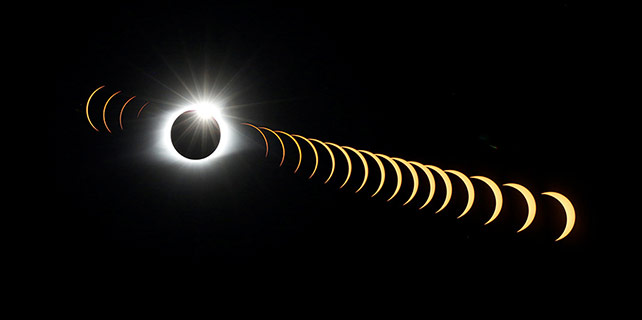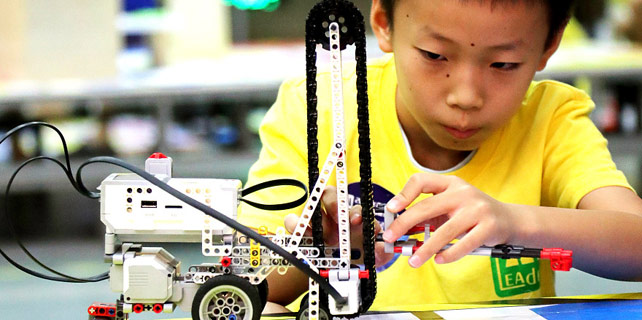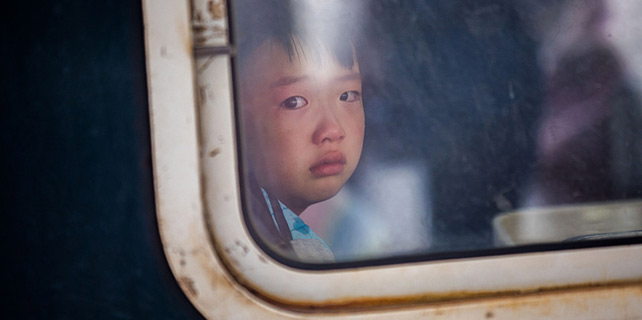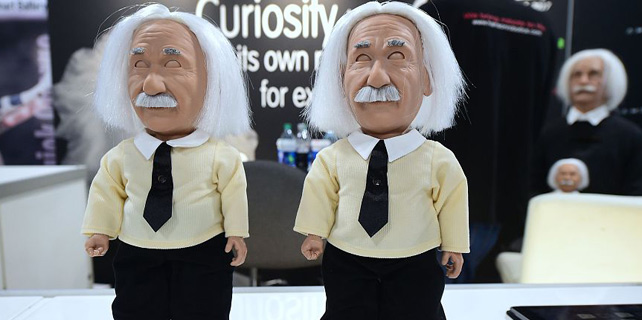Nation glad to train foreign astronauts
Program invites other countries to take part in, benefit from peaceful use of space
China is willing to help other nations select and train astronauts and will gladly cooperate with them in its space station program, a senior official of the China Manned Space Agency said on Tuesday.
Yang Liwei, deputy head of the agency and the first Chinese in the space, said more than 10 countries, mostly developing have asked for China's assistance in selecting and training astronauts.
They hope to prepare astronauts for prospective joint missions to China's future space station, he said.
"It normally takes about four years to train a Chinese astronaut. The time needed to train a qualified foreign astronaut will vary based on each candidate's individual situation," Yang said. "Considering that we will have our own space station in about four years, now is the time to begin such training for nations interested in joining our space station program."
China welcomes other parties to join the program for mutual benefit and the peaceful use of outer space, he said.
His agency will begin making policies and standards for the selection and training of foreign astronauts, but the final decision will be made by top authorities, he said.
"Our scientists and designers have allocated a considerable amount of resources to the station for international collaboration. Foreign countries can work with us on the development of some equipment in the station or place their own devices in it. Our scientists also designed adapters that will enable the station to dock with foreign spacecraft," he said.
Yang was speaking after a news conference to announce the completion of a sea survival training session in Yantai, Shandong province, for 16 Chinese and two European astronauts. It was the first time foreign astronauts participated in spaceflight-related training in China, according to the space agency.
China will start building its first manned space station in 2019. First, a Long March 5B heavy-lift rocket will put the core module into orbit.
The space station will have three parts - the core module attached to two space labs, each weighing about 20 metric tons. It is expected to be put into operation around 2022 and to serve for at least 10 years, according to the manned space agency.
In 2024, it will become the world's only space station, if the International Space Station is retired that year as planned.
Huang Weifen, deputy research chief of the Astronaut Center of China, previously said that recruitment and training of China's third generation of astronauts will start this year.
The field of candidates will expand from Chinese Air Force pilots to include space industry engineers. All 21 of China's first and second generation astronauts were Air Force pilots.
zhaolei@chinadaily.com.cn
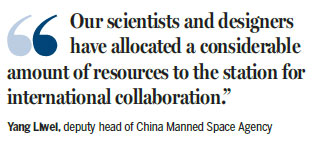
(China Daily 08/23/2017 page3)




